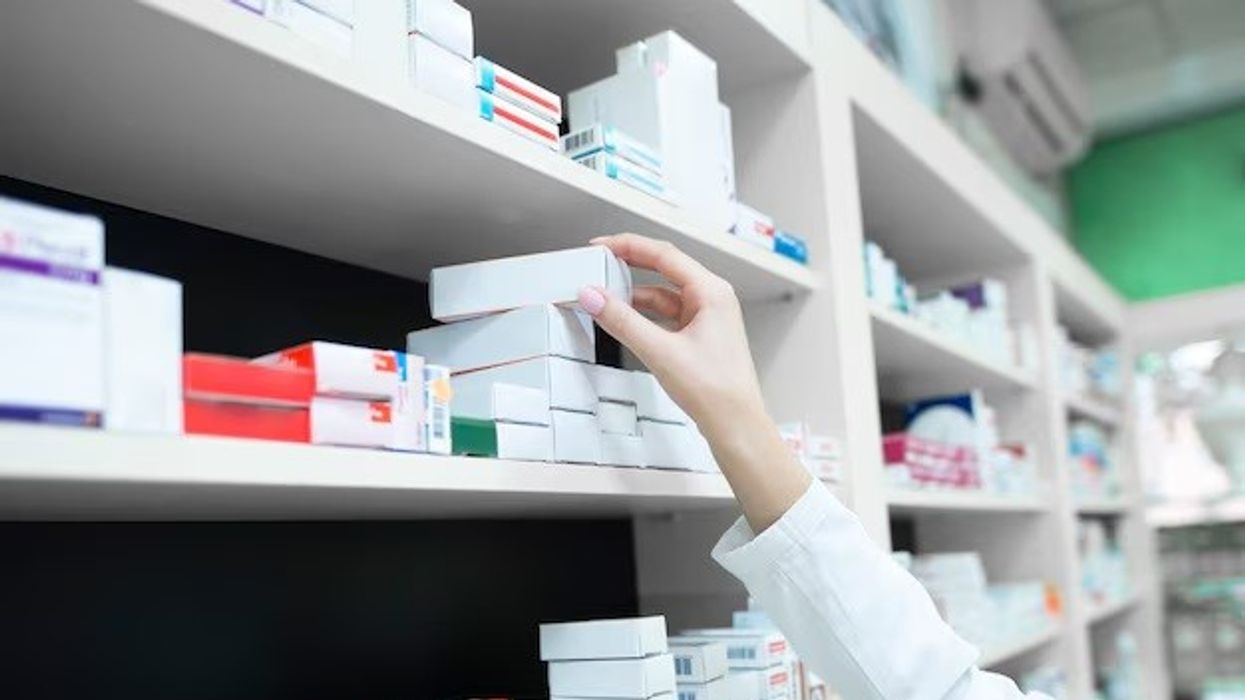The association, which represents the interests of UK-based manufacturers and suppliers of off-patent generic and biosimilar medicines, has set out a range of policy recommendations for building a resilient medicines industry
In its new manifesto, the British Generic Manufacturers Association (BGMA) has underscored the urgent need for introducing a dedicated policy framework to support the UK off-patent medicines sector that supplies four out of five NHS prescriptions.
It has been cautioned that unless a more supportive policy environment is established, the UK may become a “backwater” supply market for medicines, putting at risk approximately £18 billion of NHS savings from new off-patent drugs in the next five years.
The BGMA manifesto outlines the challenges facing the UK off-patent medicines sector and details the key policy areas that need greater focus from the next UK government.
Mark Samuels, chief executive of the BGMA, highlighted that the EU-UK Trade and Cooperation Agreement has hurt the domestic manufacturing capacity, adding “regulatory and logistical complexity” to an industry that relies on simplicity to survive.
He said: “Despite being intrinsic to the health and well-being of our nation, the generic and biosimilar medicine sector has been largely ignored from a policy perspective.”
“Our sector supplies the NHS with high volumes of medicines but with razor-thin margins. Throw in a volatile government pricing system over the past five years alongside a doubling of domestic regulatory delays, then the UK is becoming an increasingly unattractive market for international companies.”
According to the BGMA, the culmination of these issues has led to a doubling in the number of drug shortages and this persisting issue serves as evidence of a “complacent policy approach to the UK’s off-patent sector.”
Their new manifesto identified four broad policy areas, which include: “How the off-patent sector can save the NHS more money”; “Economic and domestic growth to encourage inward investment”; “Health and access to medicines and what to do about shortages”; and “Global partnerships and why intellectual property matters.”
It also laid out a range of policy recommendations for building a resilient UK medicines industry and improving cost effectiveness.
The association has called on whichever political party assumes power in the next government to create a dedicated national strategy for biosimilars for England.
Additionally, they recommend allocating at least half of the £520m announced in the 2023 Autumn Statement to boost UK manufacturing of generic and biosimilar medicines and improve supply security.
The BGMA also urged the Medicines and Healthcare products Regulatory Agency (MHRA) to prioritise “reducing the generics licensing backlog and fund and commit to a return to most licences being determined within 12 months, with changes to existing licences completed within three months.”
Furthermore, it has recommended that the incoming government should commit to protecting the NHS from higher medicine prices in post-Brexit trade agreements and advocate for global reciprocity in regulatory decisions to prevent the UK from becoming a mere a “rule-taker.”
As estimated by BGMA, 255 medicine patents will expire in the next five years, resulting in potential savings of up to £18 billion for the NHS. This is on top of the £15 billion annual savings from already patented expired products.
Nonetheless, the association warned that without specific support, the full realisation of these savings is at risk.













